The Families First Act: The Federal Government’s Response to COVID-19

In response to the escalating spread of the COVID-19 virus, and to reduce the impact of the virus on families and the economy, Congress passed and President Trump signed into law the Families First Coronavirus Response Act. Known as the Families First Act, the law creates expanded employee benefits and protections related to COVID-19, including a new federal paid sick leave law, an emergency expansion of the Family and Medical Leave Act (FMLA), and expanded unemployment insurance provisions.
The Families First Act provides the following:
- Expanded unemployment benefits through larger federal grants to the states to process and pay unemployment claims.
- Healthcare plans, including high-deductible health plans, to provide for COVID-19 testing at no cost. These include diagnostic testing and the visit to the provider, including visits to an urgent care or emergency room. This law also includes a waiver of Medicaid, Medicare, Medicare Advantage and CHIP cost-sharing for these tests. In conjunction with previously-issued IRS guidance, a participant in a high-deductible health plan receiving this benefit would still be eligible to contribute to a Health Savings Account on a tax-advantaged basis.
- Expanded food assistance and unemployment benefits through supplemental appropriations for health programs. This includes the WIC program, Commodity Assistance Program, Community Living Aging and Disability Program, MEALS and SNAP. Additionally, if a school is closed for at least five (5) consecutive days, each household with an eligible child can receive assistance under a state agency plan.
- Employers with 500 or fewer employees and government employers must provide up to twelve (12) weeks of job-protected Emergency Family and Medical Leave for a “qualifying need related to a public health emergency.” The law limits the definition of a qualifying need to caring for a son or daughter under age 19 if their school or place of care has been closed or the child care provider is unavailable due to a public health emergency.
- Employers with 500 or fewer employees and government employers must provide Emergency Paid Sick Leave to employees due to any of the following reasons: (a) To quarantine because the employee is diagnosed with coronavirus; (b) To seek a diagnosis or preventive care for coronavirus; (c) To comply with a recommendation or order by a public official with jurisdiction or healthcare provider on the basis that the physical presence of the employee would jeopardize the health of others due to exposure of the employee to coronavirus or exhibition of symptoms by the employee; or (d) To care for a family member for such purposes or to care for a child whose school has closed, or child care provider is unavailable, due to the coronavirus. Full-time employees are entitled to ten (10) days of paid sick leave and part-time employees are entitled to the typical number of hours that they work in typical two-week period, which shall be paid at two-thirds of the employees regular rate.
- The sick leave amount is calculated based on the employee's "required compensation" (i.e., the largest of (i) regular rate of pay, (ii) federal minimum wage, or (iii) local minimum wage) multiplied by the number of hours normally scheduled to work, but capped at (i) $511 per day ($5,110 in total) for those described above in items a-c; and (ii) $200 per day ($2,000 in total) for item d.
- Paid Leave is calculated for an employee at an amount not less than 2/3 of the employee’s regular rate of pay (using the Fair Labor Standards Act of 1938) multiplied by the number of hours the employee would normally be scheduled to work. This amount of required paid leave cannot exceed $200 per day and $10,000 in total for an employee.
- The law funds the Paid Sick Leave and Paid Family and Medical Leave for employers (including tax-exempt employers) through a refundable credit against payroll taxes. Self-employed taxpayers can receive a benefit through a refundable credit against income taxes for periods during which work cannot be done.
If you have any questions regarding the Families First Act, contact Dias Law Firm, Inc. for a consultation.
By: Steven E. Alfieris, Esq., and

By: Vanessa M. Freitas, Certified Law Clerk

For attorneys: This Blog/Web Site is informational in nature and is not a substitute for legal research or a consultation on specific matters pertaining to your clients. Due to the dynamic nature of legal doctrines, what might be accurate one day may be inaccurate the next. As such, the contents of this blog must not be relied upon as a basis for arguments to a court or for your advice to clients without, again, further research or a consultation with our professionals.
For the general public: This Blog/Web Site is made available by the law firm publisher, Dias Law Firm, Inc., for educational purposes. It provides general information and a general understanding of the law, but does not provide specific legal advice. By using this site, commenting on posts, or sending inquiries through the site or contact email, you confirm that there is no attorney-client relationship between you and the Blog/Web Site publisher. The Blog/Web Site should not be used as a substitute for competent legal advice from a licensed attorney in your jurisdiction.
Photo Credential: ID 176317742 © Pixelrobot | Dreamstime.com

